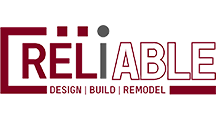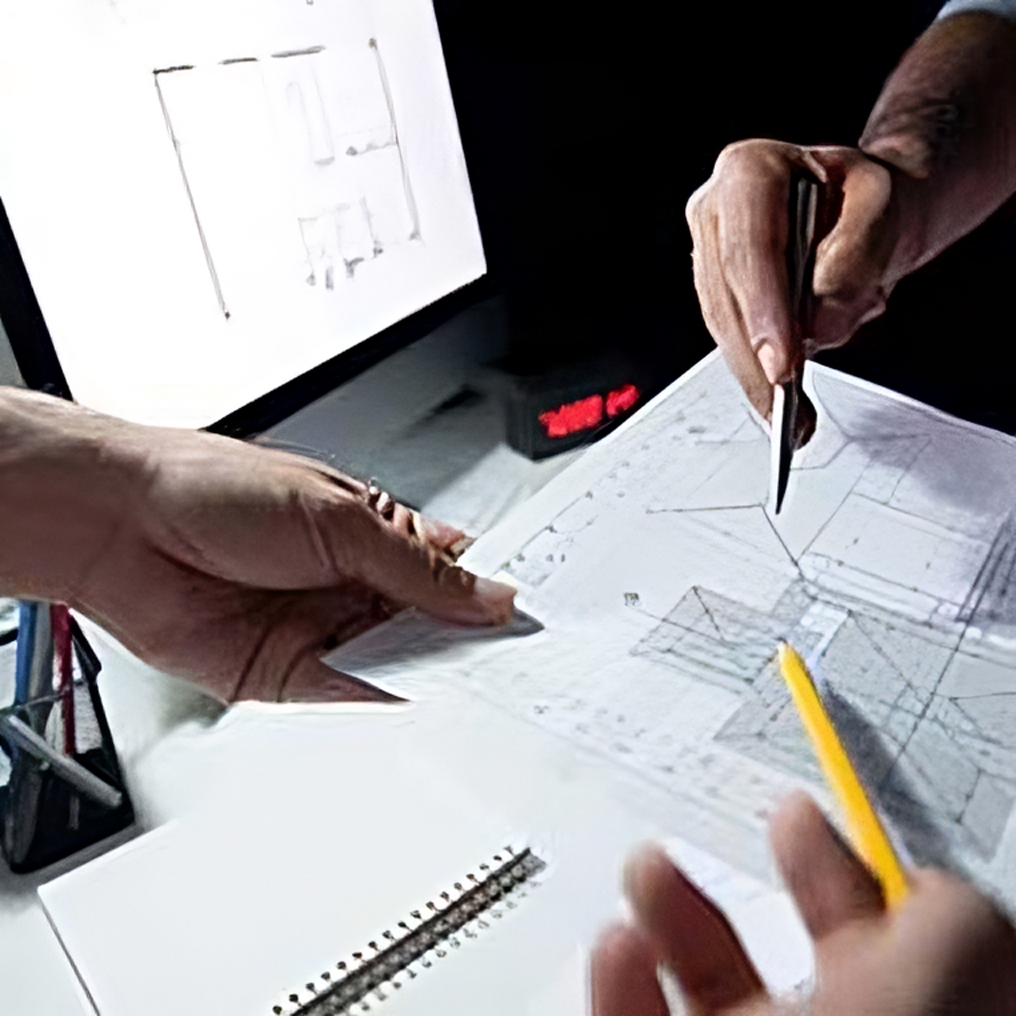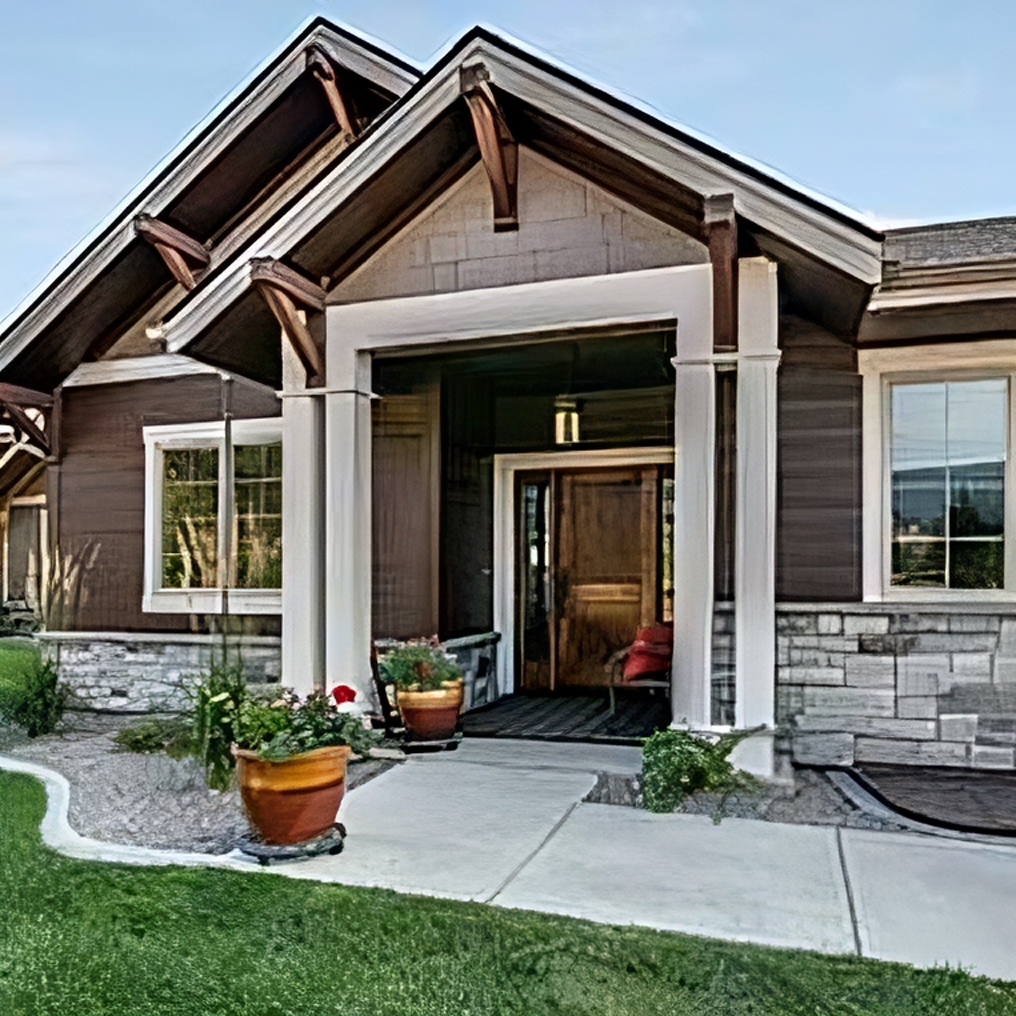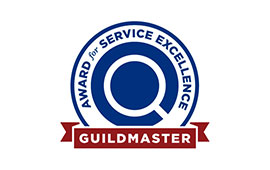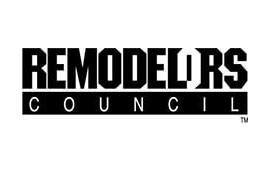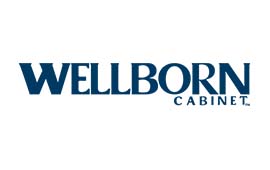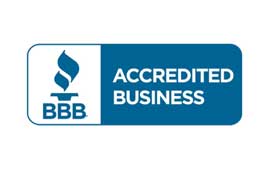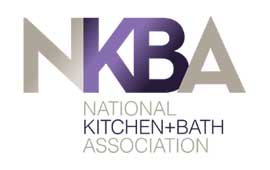At Reliable Design-Build-Remodel, we understand that homeowners in Birmingham, AL, are always looking for ways to improve their homes while also reducing energy costs. One of the most effective ways to accomplish this is by investing in energy-efficient appliances. These appliances not only lower your utility bills but also contribute to a more sustainable and environmentally friendly home. In this blog, we will explore the most energy-efficient appliances, identify the biggest energy consumers in your home, and provide guidance on recognizing and selecting energy-efficient options.
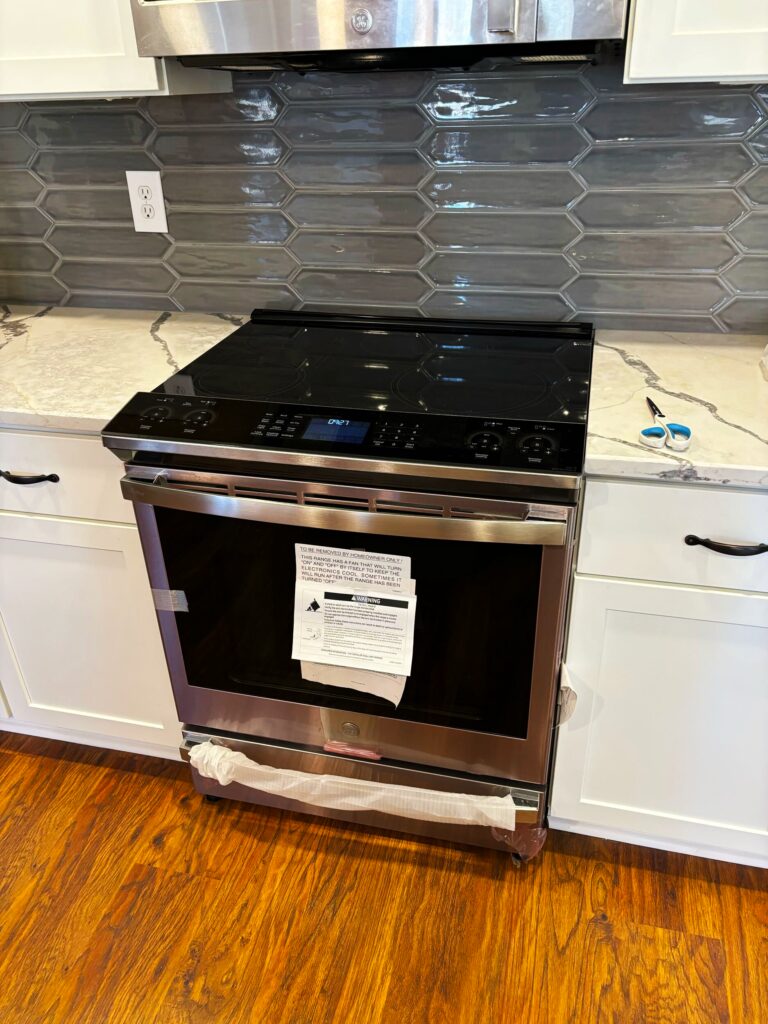
Which Type of Appliance is Most Energy-Efficient?
When it comes to energy efficiency, appliances that utilize advanced technology to minimize electricity and water usage stand out. Among household appliances, heat pump water heaters, ENERGY STAR-certified refrigerators, and induction cooktops are some of the most energy-efficient options available.
- Heat Pump Water Heaters: These use significantly less electricity than traditional electric water heaters by extracting heat from the surrounding air to warm the water.
- ENERGY STAR Refrigerators: Compared to standard models, these refrigerators use 9% less energy while still maintaining optimal food preservation.
- Induction Cooktops: Unlike traditional electric or gas stoves, induction cooktops use electromagnetic energy to directly heat cookware, reducing energy loss and making them more efficient. This is in addition to the added benefits of enhanced air quality, faster cooking times, and overall improved safety.
What is an Example of an Energy-Efficient Appliance?
One great example of an energy-efficient appliance is an ENERGY STAR-certified washing machine. These washers use about 20% less energy and 30% less water than conventional models. Many modern washing machines also come with advanced sensors that adjust water usage based on the size of the load, further optimizing efficiency. In addition, front-loading washers generally use less water and energy than top-loading models.
By replacing an old washing machine with an energy-efficient one, homeowners can save hundreds of dollars over the lifespan of the appliance while also reducing their environmental footprint. Other ENERGY STAR-certified products can heartily boast of similar statistics, and any homeowner would be glad to have one in their home!
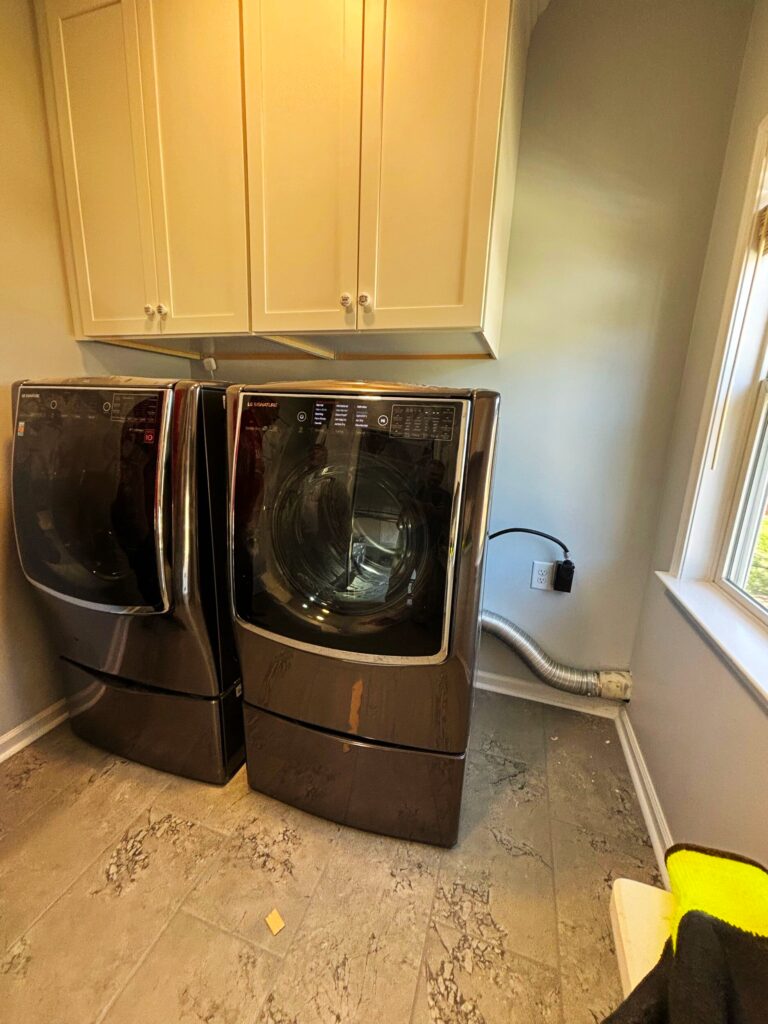
What 3 Appliances Consume the Most Electricity?
Certain household appliances are notorious for consuming large amounts of electricity. The three biggest culprits are:
- Heating and Cooling Systems: HVAC systems account for nearly 50% of a home’s total energy consumption. Upgrading to an energy-efficient system and maintaining it regularly can significantly reduce energy waste.
- Water Heaters: Standard electric water heaters consume a substantial amount of energy, often accounting for 14-18% of a household’s total energy usage. Switching to a heat pump water heater can lead to major savings.
- Refrigerators and Freezers: Running 24/7, refrigerators and freezers are among the top energy consumers. Older models tend to use far more energy than modern, energy-efficient alternatives.
To reduce electricity consumption from these appliances, homeowners should consider upgrading to energy-efficient models, maintaining them properly, and using programmable settings to optimize energy use.
What Appliance Wastes the Most Energy?
The big four, in order:
- Heating and Cooling (HVAC)
- Water Heaters
- Refrigerators
- Laundry Machine and Dryers
As in the South we use air conditioning almost non-stop, as well as water heaters and fridges, it’s difficult to figure out how to make them more efficient when they’re in near constant use. To cut down on wasted energy for washers and dryers however, which are used more sporadically, consider the following:
- Using a heat pump dryer, which consumes 50% less energy than conventional dryers.
- Air drying clothes whenever possible to eliminate energy use altogether.
- Cleaning the lint filter regularly to improve efficiency and reduce drying times.
How Can I Tell If I Have Energy Efficient Appliances?
Recognizing energy-efficient appliances is easier than you might think. Here are a few key indicators:
- Look for the ENERGY STAR Label: Appliances with this certification meet strict energy efficiency guidelines set by the U.S. Environmental Protection Agency (EPA).
- Check the Energy Guide Label: This yellow sticker provides an estimate of annual energy consumption and compares it to similar models.
- Consider the Age of the Appliance: Older appliances tend to be less efficient. If your appliance is more than 10-15 years old, it might be time for an upgrade.
- Use Smart Features: Many modern energy-efficient appliances include features like eco-modes, programmable settings, and advanced sensors to optimize energy use.

Investing in energy-efficient appliances is one of the best ways to reduce energy bills, lower environmental impact, and enhance home sustainability. At Reliable Design-Build-Remodel, we are committed to helping homeowners in Birmingham, AL, make informed decisions about their home improvements. Whether you’re upgrading your kitchen appliances or planning a full home renovation, choosing energy-efficient options is a smart investment for both your wallet and the planet.
Reliable Design-Build-Remodel is a full service general construction firm and remodeling contractor operating in the Birmingham metro and Jefferson and Shelby County areas and surrounding communities, including Birmingham, Helena, Chelsea, Mountain Brook, Hoover, Homewood, Montevallo, Alabaster, Vestavia Hills, and Pelham, with over 30 years of servicing our valued clients. Offering full service suite of general remodeling, design and build services. Our specialties include bathroom remodeling, kitchen remodeling, exterior renovations, interior renovations, painting, and more!
Visit us at reliablerem.com, and like and follow us on Facebook and Instagram!
Source: The Role of Energy-Efficient Appliances in Sustainable Kitchen Design, NKBA
